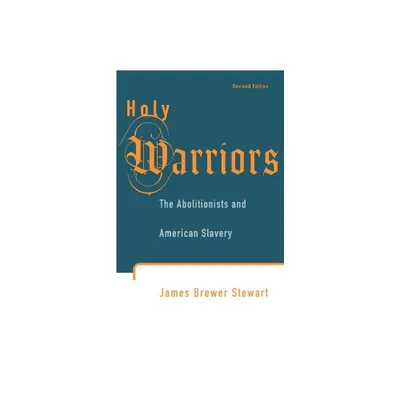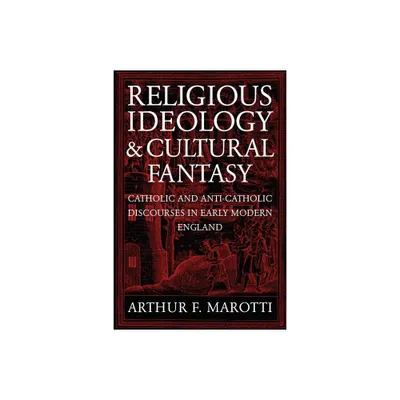Home
Holy Warriors: The Religious Ideology of Chivalry
Loading Inventory...
Barnes and Noble
Holy Warriors: The Religious Ideology of Chivalry
Current price: $34.95


Barnes and Noble
Holy Warriors: The Religious Ideology of Chivalry
Current price: $34.95
Loading Inventory...
Size: Paperback
*Product Information may vary - to confirm product availability, pricing, and additional information please contact Barnes and Noble
The medieval code of chivalry demanded that warrior elites demonstrate fierce courage in battle, display prowess with weaponry, and avenge any strike against their honor. They were also required to be devout Christians. How, then, could knights pledge fealty to the Prince of Peace, who enjoined the faithful to turn the other cheek rather than seek vengeance and who taught that the meek, rather than glorious fighters in tournaments, shall inherit the earth? By what logic and language was knighthood valorized?
In
Holy Warriors
, Richard Kaeuper argues that while some clerics sanctified violence in defense of the Holy Church, others were sorely troubled by chivalric practices in everyday life. As elite laity, knights had theological ideas of their own. Soundly pious yet independent, knights proclaimed the validity of their bloody profession by selectively appropriating religious ideals. Their ideology emphasized meritorious suffering on campaign and in battle even as their violence enriched them and established their dominance. In a world of divinely ordained social orders, theirs was blessed, though many sensitive souls worried about the ultimate price of rapine and destruction.
Kaeuper examines how these paradoxical chivalric ideals were spread in a vast corpus of literature from exempla and chansons de geste to romance. Through these works, both clerics and lay military elites claimed God's blessing for knighthood while avoiding the contradictions inherent in their fusion of chivalry with a religion that looked back to the Sermon on the Mount for its ethical foundation.
In
Holy Warriors
, Richard Kaeuper argues that while some clerics sanctified violence in defense of the Holy Church, others were sorely troubled by chivalric practices in everyday life. As elite laity, knights had theological ideas of their own. Soundly pious yet independent, knights proclaimed the validity of their bloody profession by selectively appropriating religious ideals. Their ideology emphasized meritorious suffering on campaign and in battle even as their violence enriched them and established their dominance. In a world of divinely ordained social orders, theirs was blessed, though many sensitive souls worried about the ultimate price of rapine and destruction.
Kaeuper examines how these paradoxical chivalric ideals were spread in a vast corpus of literature from exempla and chansons de geste to romance. Through these works, both clerics and lay military elites claimed God's blessing for knighthood while avoiding the contradictions inherent in their fusion of chivalry with a religion that looked back to the Sermon on the Mount for its ethical foundation.


















